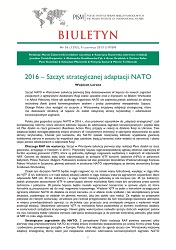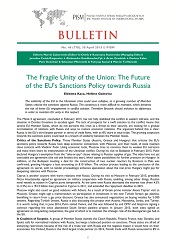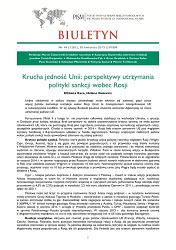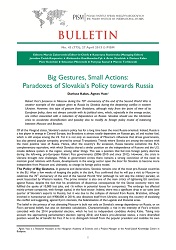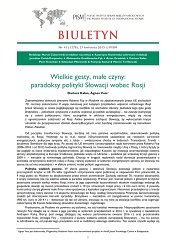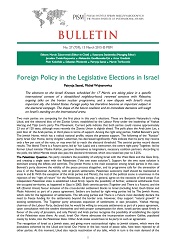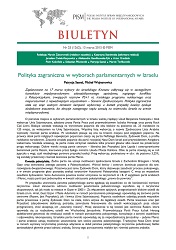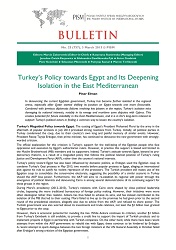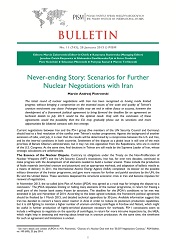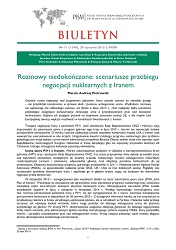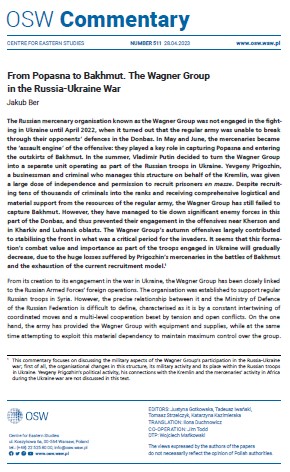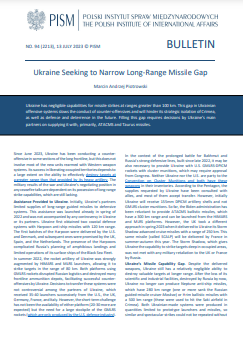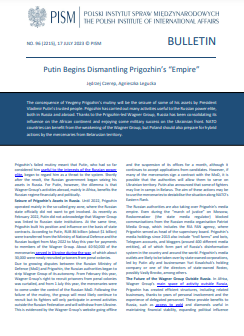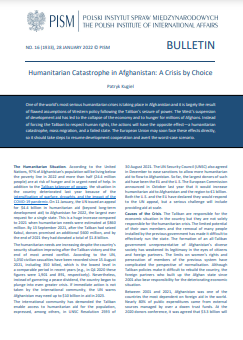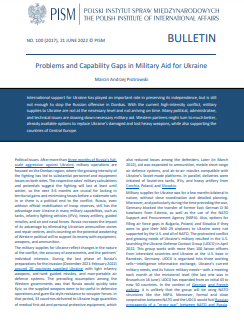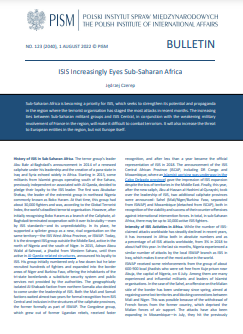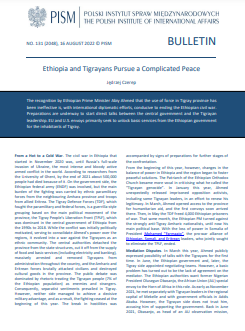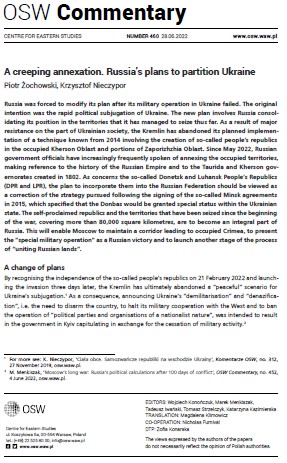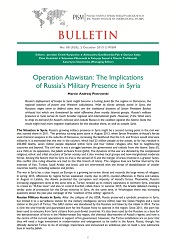
Operation Alawistan: The Implications of Russia’s Military Presence in Syria
Russia’s deployment of troops to Syria might become a turning point for the regime in Damascus, the regional balance of power and Western calculations. With its forces already active in Syria, the Russians might serve to defend cities that are the traditional bastions of Syrian President Bashar al-Assad but which are threatened by rebel offensives from mostly Islamist groups. Russia’s military presence in Syria serves its much broader regional and international goals. However, if the West were to drop its demand for Assad’s removal and include Russia in the coalition against the Islamic State the result might hold more negative implications for the situation there, as well as outside Syria.
More...
